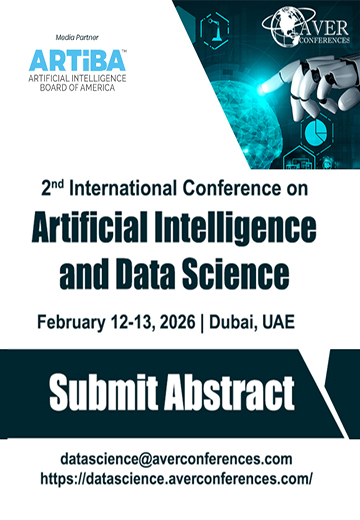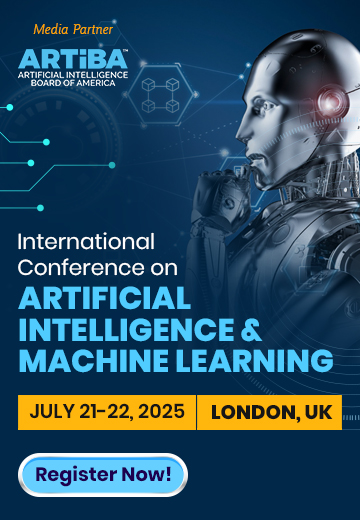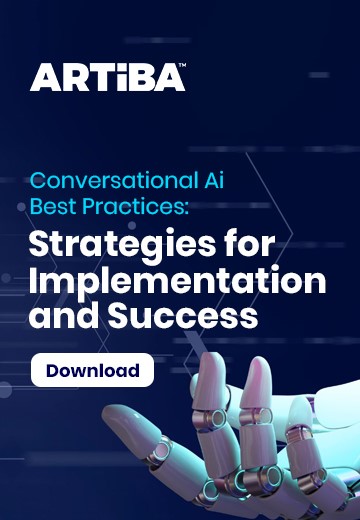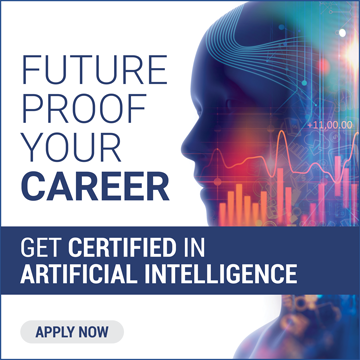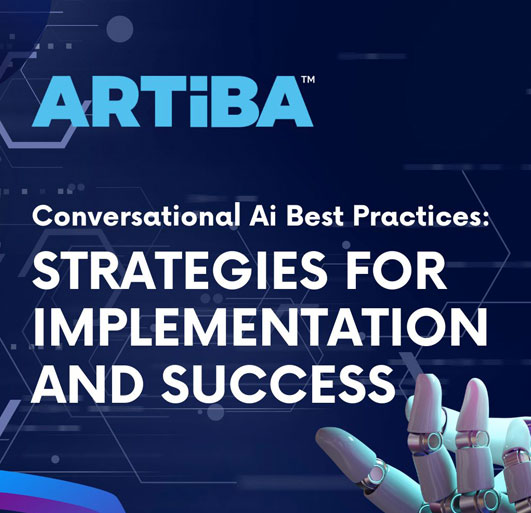Top AI Tools Shaping Business Success in 2025
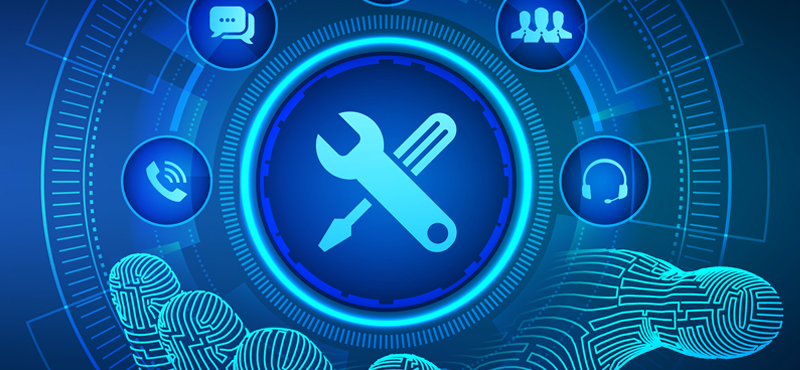
The advancement of artificial intelligence tools continues to transform how operations are carried out, as well as introducing innovations, improving efficiency and even the decision-making method. By 2025, organizations will be using advanced effective AI technologies to solve problems, automate processes and enhance user interactions. They encompass various uses, including automated processes, forecasting, and improving customer interactions, to help firms sustain a competitive position in the emerging volatile market. This article outlines the leading AI tools to revolutionize industries for their specificity and impact. These solutions can help businesses become more innovative and thrive in today’s economy by unchaining the opportunities.
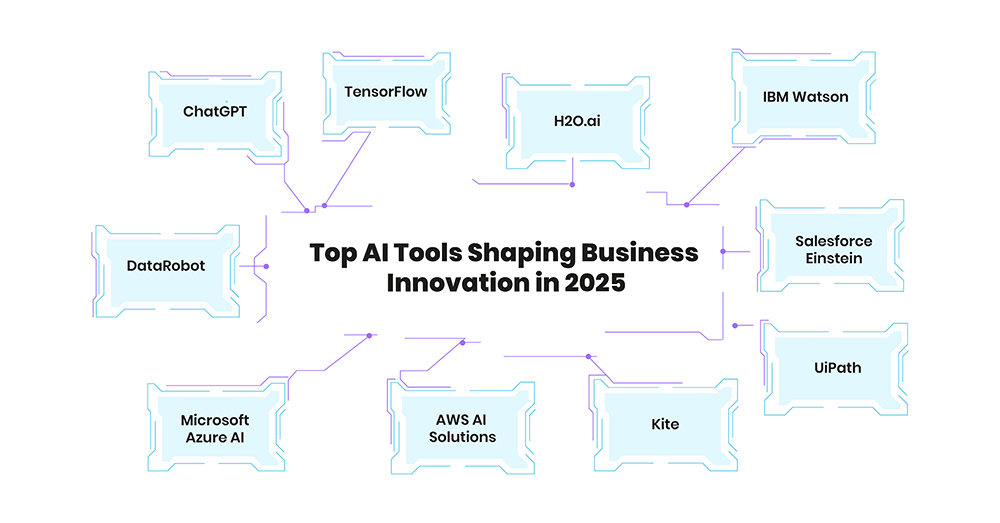
ChatGPT: Enhancing Business Communication and Customer Service
The emergence of Chat GPT has transformed how businesses communicate and provide customer service by providing seamless automation with state-of-the-art natural language processing (NLP). It delivers real-time human-like conversations with real-time response times that increase customer satisfaction. Companies are using ChatGPT to respond to customer inquiries, qualify leads, and offer personalized experiences across several touchpoints. It gets to understand the context and provides relevant responses, making it a powerful tool to create stronger customer relationships.
-
Use Cases: Automated customer support, lead generation, automation employee onboarding.
-
Why It’s a Game-Changer: It improves operational efficiency while maintaining personalized contact with customers, enabling scale without compromising the quality of the service.
TensorFlow: Transforming Business Data into Insights
Google’s TensorFlow is one of the most versatile artificial intelligence tools that runs your existing advanced machine learning and deep learning models. Open source is the nature of its framework so businesses can process vast datasets, find patterns, and draw actionable insights. TensorFlow’s flexibility enables customization to model across industries to create predictive analytics, increased operations, and innovation.
-
Use Cases: Trends forecasting, building recommendation engines, anomaly detection
-
Why It’s a Game-Changer: It allows businesses to leverage big data for strategic decisions in an AI-accessible and scalable way.
H2O.ai: Simplifying AI Integration for Enterprises
A purely automated machine learning platform, H2O.ai's revolution is for how businesses can seamlessly bring AI to operations. It allows companies to build and roll out AI models without requiring extensive coding ability and applies to any industry. H2O.ai is versatile, from risk assessment to personalized customer experiences, making decisions, and improving operational efficiency. Robust algorithms and a powerful interface to streamline workflows — until now, no business has fully harnessed the power of its data.
-
Use Cases: Customer segmentation, Marketing optimization, Fraud detection.
-
Why It’s a Game-Changer: Simplifies adoption of AI by democratizing the tool to businesses of all sizes.
IBM Watson: Elevating Cognitive Business Solutions
Artificial intelligence tools are booming, and IBM Watson is at the forefront. It provides trend-setting NLP, machine learning, and analytics across various industries. With its complement of AI applications, Watson enables businesses to free up resources, uncover insights, and improve decision-making. Watson’s versatility is displayed in its ability to automate workflows and interpret real-time data across healthcare, finance, and retail sectors.
-
Use Cases: Fraud detection, supply chain optimization, personalized customer support.
-
Why It’s a Game-Changer: Adaptability specific to industry and robust cognitive computing capabilities.
Salesforce Einstein: AI-Powered CRM Solutions
Salesforce Einstein integrates AI into Salesforce CRM, turning intelligent, automated customer relationship management into a reality. It helps businesses improve their sales, marketing, and service strategies using artificial intelligence tools like machine learning and predictive analytics. Features such as predictive lead scoring, automated workflows, and personalized recommendations from Einstein help businesses make data-driven decisions. Organizations use Salesforce Einstein to enhance customer experience, increase engagement, and boost sales growth.
-
Use Cases: Lead scoring, personal marketing campaigns, customer retention.
-
Why It’s a Game-Changer: It embeds AI in CRM to get actionable insights and more innovative business interactions.
UiPath: Robotic Process Automation for Business Efficiency
Robotic process automation (RPA) is a field led by an artificial intelligence tool, UiPath. It helps automate repeated, time-consuming tasks such as data entry, invoice processing, and HR functions. UiPath adds machine learning and cognitive automation to operational efficiency, human error reduction, and cost savings. Its user-friendly platform means businesses can scale automation efforts, allowing employees to focus on higher-value activities, thus increasing business productivity.
-
Use Cases: Process invoices and automate HR and data entry.
-
Why It’s a Game-Changer: It seamlessly assists in achieving high productivity and accuracy.
Kite: AI-Powered Code Completion for Developers
Kite is an artificial intelligence tool developed to help developers navigate the development process by providing real-time code proposals and suggestions. It uses machine learning to predict the following line of code and search for potential mistakes. Kite is built for powerful autocompletion across popular IDEs and multiple programming languages. Cutting coding time and eliminating errors increases productivity and efficiency. Developers can then use the time saved to work on complex tasks or project development, which usually involves debugging and repetitive coding.
-
Use Cases: Code completion, error detection, developing productivity.
-
Why It’s a Game-Changer: It accelerates the coding process and reduces errors, improving developer performance.
Amazon Web Services (AWS) AI Solutions: Scalability and Flexibility
AWS offers a suite of artificial intelligence tools that allow businesses to scale their AI at an economical rate. These tools include machine learning, computer vision, natural language processing, and data analytics, enabling organizations to quickly build, train, and deploy AI models without substantial infrastructure investments. AWS features flexible cloud solutions and many pre-built models, catering to various industries and enabling businesses to integrate the best AI tools into their existing processes for innovation, business, and optimality.
-
Use Cases: Image and video analysis, language translation, machine learning at scale.
-
Why It’s a Game-Changer: Supporting recently deployed AI in a scalable, cost-effective way for businesses of any size.
Microsoft Azure AI: Comprehensive Business Intelligence Solutions
Microsoft Azure AI is a suite of artificial intelligence tools that enhance business intelligence. It offers services ranging from machine learning to cognitive services to help businesses navigate vast amounts of data, automate processes, and improve customer engagement. Advanced analytics, computer vision, and natural language processing—whatever they may be—are tools businesses can use for decision-making, predictive insights, or operational efficiency. With its easy integration with Microsoft’s existing market ecosystem, Azure is an excellent choice for implementing scalable AI-driven systems.
-
Use Cases: Automated workflows, Fraud detection, Predictive Analytics.
-
Why It’s a Game-Changer: It provides a well-integrated, scalable platform tightly fitted with existing business infrastructure.
DataRobot: Automating Machine Learning Models
DataRobot is an artificial intelligence tool that automates the end-to-end machine learning process, allowing businesses to build, train, and deploy models rapidly. Automated machine learning (AutoML) enables the models to go from zero to hero without requiring you to be a deep data science engineer. Its support for a wide range of use cases, from predictive analytics and demand forecasting through its platform, makes it a handy tool for companies to streamline decision-making and improve their Business Intelligence capabilities.
-
Use Cases: Sales forecasting, Predictive analytics, demand planning.
-
Why It’s a Game-Changer: It simplifies deploying AI models faster and more efficiently into an organization.
Conclusion
In 2025, leveraging top AI tools will be indispensable for businesses striving to maintain a competitive edge. These artificial systems are disrupting the world by automating workflows, improving decision-making, and providing personalized experiences. Customer tools allow organizations to automate repetitive tasks and deliver insights that help them to innovate and quickly adapt to market demands. Those businesses embracing these new advancements will unlock efficiency, scalability, and growth like never before in an increasingly AI-driven world.




